
Leadership needed for Indigenous lesbians
A lack of mentors for Indigenous lesbians needs to be addressed, according to Victorian Indigenous woman Eleisha Jones.
Jones, 29, took part in Family Planning Victoria’s Q&A queer youth leadership program and is involved in the Gippsland 2010 Sexual Health and Diversity Enterprise which looks at sexual health and support for GLBTI Indigenous young people in the region.
“[The community] needs to start working together, and I think mentors are a really important start,” Jones said.
“I want to work with the Aboriginal queer community, particularly Aboriginal lesbians, because there’s nothing out there for us.”
Jones said she struggled with her sexuality for many years and found she had no one to turn to in her own community.
She moved away from her family near Bairnsdale to Port Augusta where she endured difficult teenage years.
“Where I grew up I was dealing with racism at an extremely high level, so I was dealing with being an Aboriginal woman, so at a disadvantage being born as a woman, let alone an Aboriginal woman and then dealing with being an Aboriginal lesbian,” Jones told Southern Star.
“It’s a lot to take on at such a young age, before 18.”
Jones said after she came out and completed the Q&A leadership program she felt she could be open with her own community.
“I went to a couple of Aboriginal coops and told them why I’d come out and the reason I did isolate myself away from home.
“There were a lot of family members who were Aboriginal health workers and they came up to me and cuddled me and said, ‘Why didn’t you come home ages ago? We would have been there to support you. We don’t care about your sexuality, we just care about you’. ”
Although the Q&A program hopes to produce more mentors like Jones, there is still little in the way of targeted support programs for same-sex attracted Indigenous youth.
The Victorian Aboriginal Community-Controlled Health Organisation has moved towards working on sexual diversity issues by partnering with FPV’s Mind the Gap program which runs Q&A.
FPV senior policy manager Michael West told Southern Star there is still little in the way of Indigenous support programs — particularly for women — something he hopes people like Jones will overcome.
“We know the national shame about the disparity of health and wellbeing in the overall Australian Aboriginal community. What’s absent is discussion around same-sex attracted young Indigenous people,” he said.
“But EJ’s voice is loud, which is fantastic.”

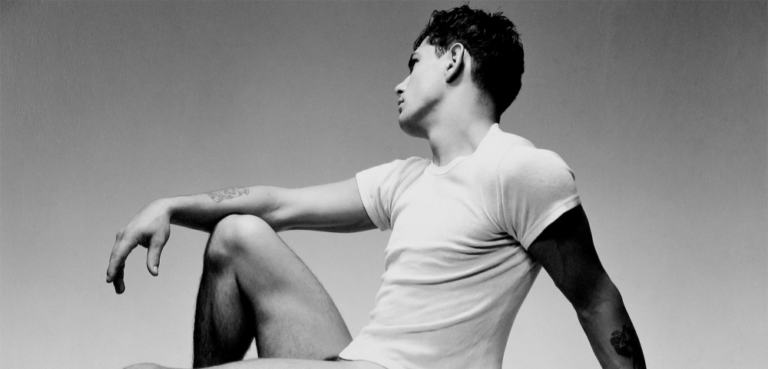
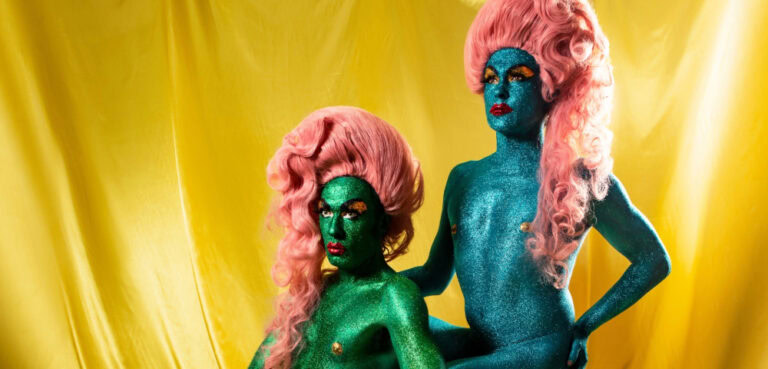
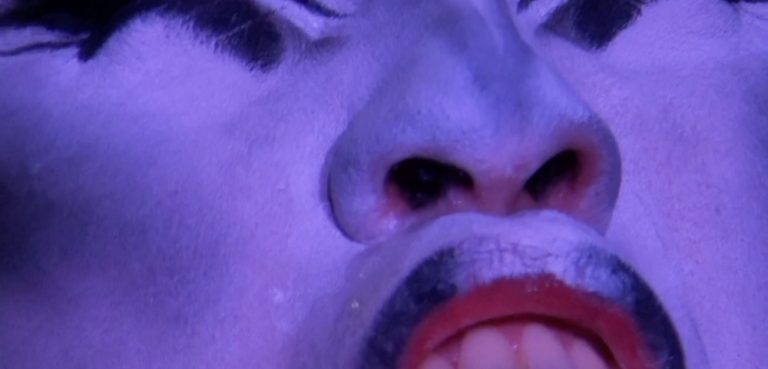
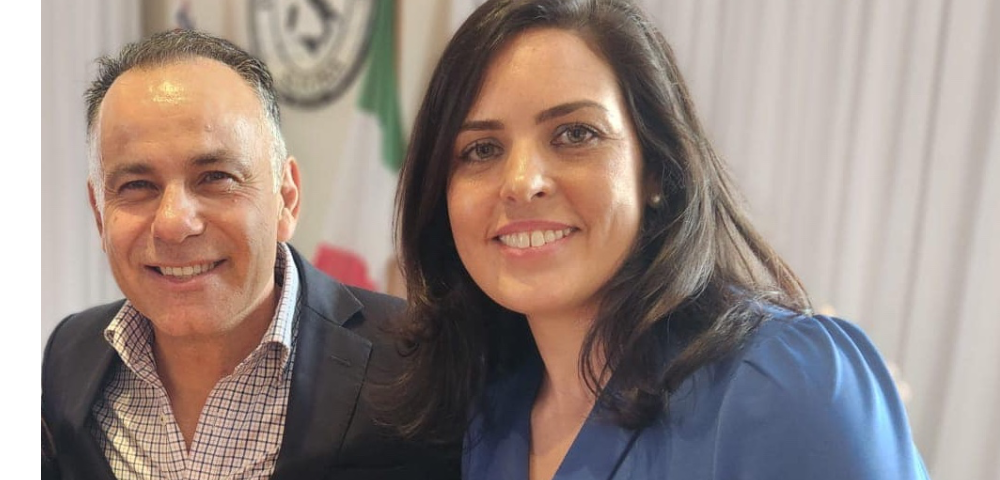
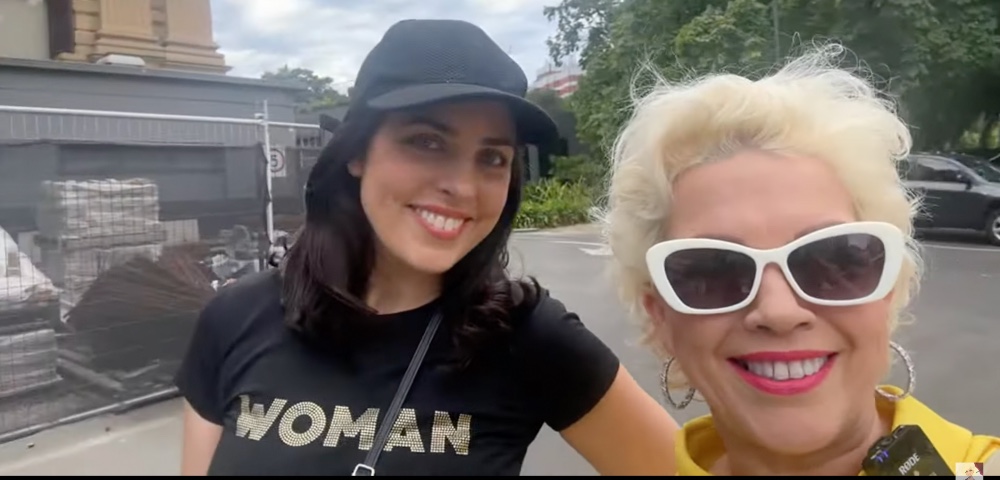


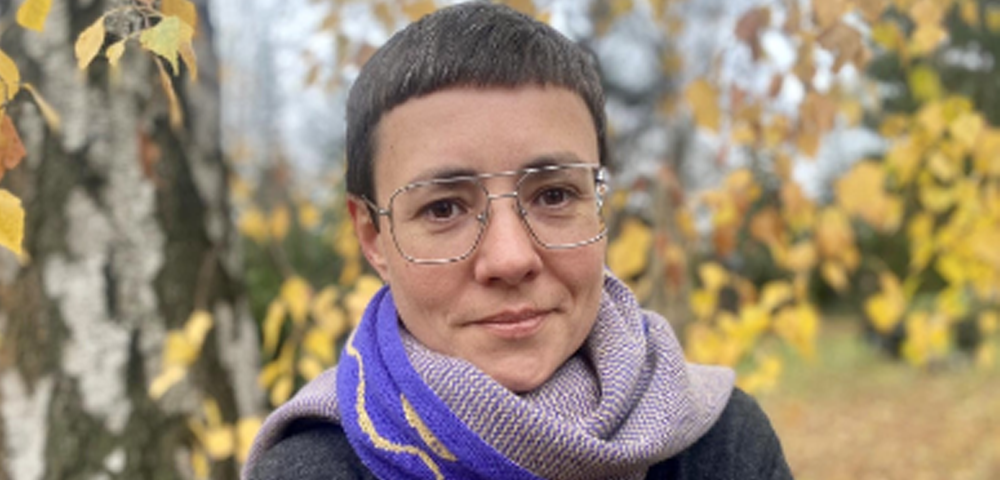
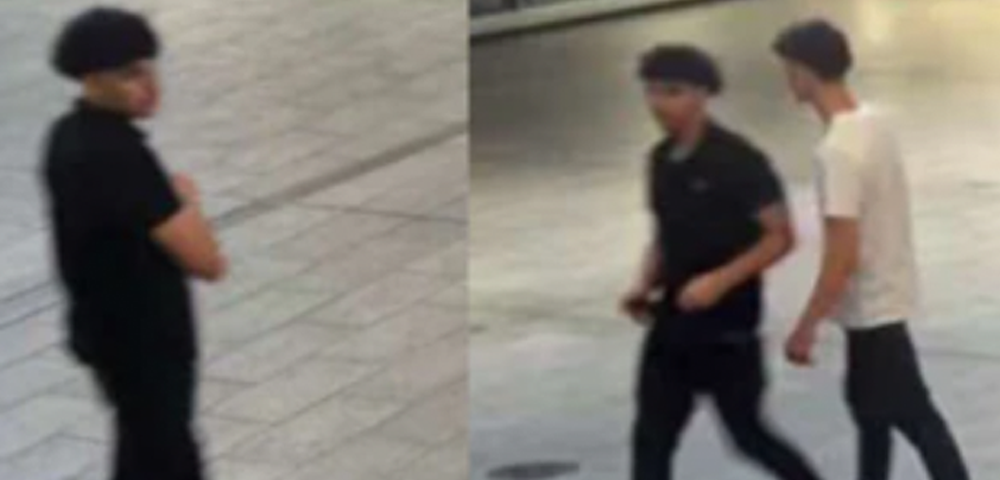
Programs like these should be encouraged by all Australians.
Ejay is an asset to her community.
Thank you for this- we need more information and news about iindigenous issues!